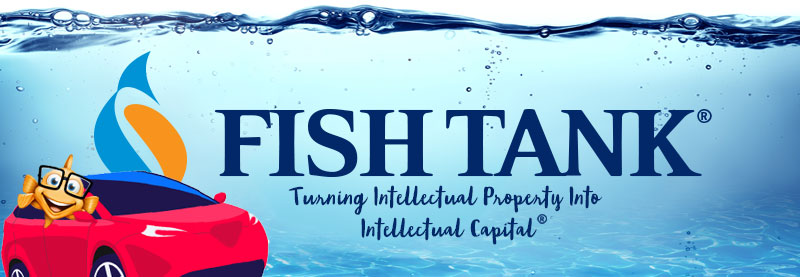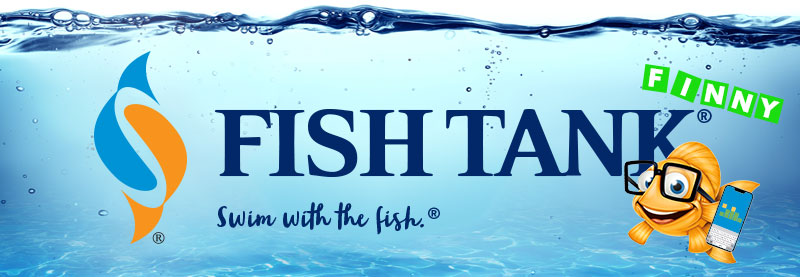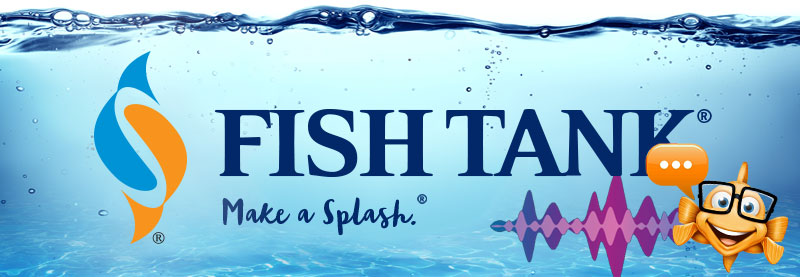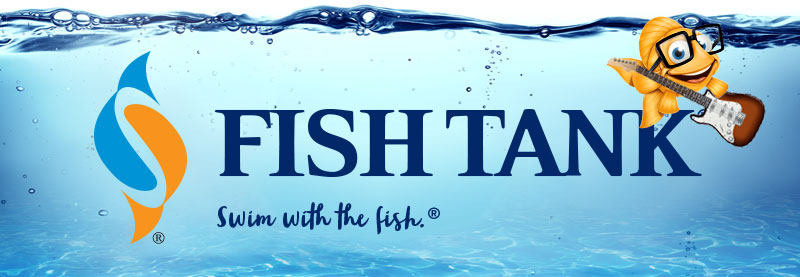Intellectual Property Insights from Fishman Stewart PLLC
Newsletter – Volume 23, Issue 1
Share on Social
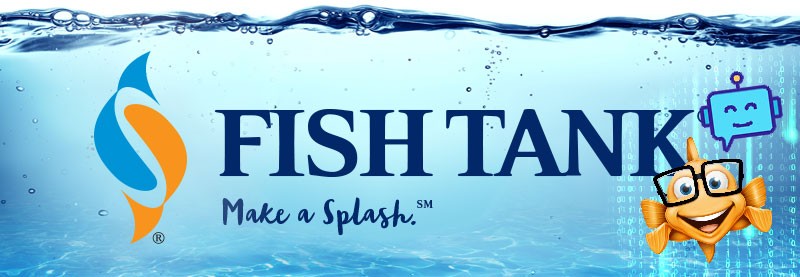
Bot vs. Man, A Holiday Bout For Rights
By Alexander JSW Johnson
A new year has turned, and the warmth of the holidays has yielded to the bitter cold of January. You know what else is cold? Bots: they’ve mined humans as batteries, navigated X-wings through a galaxy far, far away, and spoiled the international man of mystery’s honeymoon. Late last November, bots added “became web-based AI dialogue writers” to their collective résumé.
Unlike the Matrix, Star Wars, and Austin Powers, respectively, Chat Generative Pre-trained Transformer, or ChatGPT, is not a robot in disguise or a bot of science fiction. We, the users, provide prompts in text form, and ChatGPT converses in response to the prompts. If you follow me on LinkedIn, you may know how exciting I find this kind of bot’s potential—emails, contracts, blog posts, or even sonnets and legal briefs could be auto-drafted (someday). But it does make me wonder…
Do ChatGPT’s user-prompted writings have authors and owners of under copyright law? If so, who?
An important aspect to answering this question is understanding what ChatGPT is. It is a language model specializing in dialogue, the user prompts and ChatGPT writes. Point-and-shoot.
Consider my conversation with the bot [wow, my recent transition to parenthood has really changed my social engagement…]:

Strong statement from ChatGPT that its work is the copyright of the author of its source material. Maybe that’s correct, erroneous, or an incomplete analysis. The issue has created diverging opinions among scholars, practicitioners, investors, and content creators as to authorship and ownership.
However, we are interested in your opinion. But first, consider some copyright basics: a copyright is created as soon as an “expression” is “fixed in a tangible medium” if the expression is “original.” The legal author is the human who fixed the expression in the given medium. Generally, authors are the initial legal owners, though agreements and employment relationships can change that.
Minimal creativity is needed to meet the “originality” requirement, such as using an iPhone to casually snap a picture of the Statue of Liberty with no regard to composition. It does not take much for copyrights to be created.
Could I be the legal author and owner of copyrights in the text I prompt ChatGPT to draft for me?
A human hitting the camera trigger button in most cases confers authorship for copyright purposes [humans only, and yes, the issue of monkeys-as-authors has been litigated before]. Yet, for most smartphone photos, the device makes all decisions regarding the exposure, aperture, shutter speed, and white balance. If shot in “live” or “motion” mode, the device also selected the best still frame to present as the best picture from the short video taken. The phone also automatically conducts post-processing to adjust color, exposure, lighting, and so forth.
In a way, smartphone photography much of the time could be viewed as the user merely giving the phone a prompt. Something akin to: “record an image of the statue of liberty.”
How does that compare to the creativity of the thought that I put into this prompt to ChatGPT?

So, I’ll ask again: do ChatGPT’s user-prompted writings have authors and owners under copyright law? If so, who?
The answers are unclear, but sure to come to a court near you soon. Until then, tell us who you think is the author of human-prompted AI writing:
To talk bots and technology in (or out of) law, contact Alex at ajohnson@fishstewip.com, 248-594-0614, or find him on LinkedIn.
Alexander JSW Johnson is an attorney at Fishman Stewart with at least 10 years of extensive experience in trademark and intellectual property matters. He works in the firm’s Trademark Practice Group. He holds a B.A. in Art (studio emphasis) and Journalism. Check out his full bio here.

Related Content from Fishman Stewart
Car enthusiasts are buzzing about Alfa Romeo's latest SUV which is also its first EV (plus a hybrid option). Initially branded as “Milano,” the name was changed to "Junior" after it was announced that the car would be produced in Poland.
The online word game Wordle was created in 2021 by Josh Wardle and quickly rose in popularity. Players receive a new puzzle daily with six chances to correctly guess a five-letter word of the day with limited clues.
In a recent decision, the U.S. Court of Appeal for the Eighth Circuit affirmed a jury verdict holding that the use of the "Success Kid" meme by a congressman's reelection campaign for fundraising purposes did not qualify as fair use.
In February 2024, proposed legislation was introduced in US House of Representatives which would extend copyright protection to golf courses. The bill is titled “Bolstering Intellectual Rights against Digital Infringement Enhancement Act” or the “BIRDIE Act”.
OpenAI recently held a live demonstration of a new ChatGPT version that included the use of an AI personal assistant voice dubbed “Sky.” Many observers compared Sky to Scarlett Johansson’s voice in the 2013 Spike Jonze romantic sci-fi film “Her,” which centers on a man who falls in love with the female voice of his computer’s operating system.
June is Pride Month, which honors the 1969 Stonewall Uprising in Manhattan and recognizes the impact that lesbian, gay, bisexual, and transgender (LGBTQ+) individuals have had on history locally, nationally, and internationally. The United States Patent and Trademark Office flies the Pride Flag and promotes the Pride community’s contributions with programming offered annually.
First-time inventions have led inventors to great successes throughout history, sometimes immediately, sometimes after several more attempts at more useful inventions. In the U.S., two very famous inventors with contrasting first-time experiences are Thomas Edison and Alexander Graham Bell.
June is Pride Month. This year we are celebrating with some IP tips for drag performers! Drag performers can protect their intellectual property by registering the copyrights in their original works of music, choreography, and comedy sketches.
Bands often start out as creative endeavors among friends, and bands may not prove lucrative for many years, if at all. Until bands break up, thought and planning may not be given to who is the owner of the band names and entitled to use them going forward.
You’re rarely more than a few yards from Finny’s favorite chips, semiconductor chips to be precise. But what exactly is a semiconductor chip?
IDENTIFYING, SECURING AND ADVANCING CREATIVITY®




